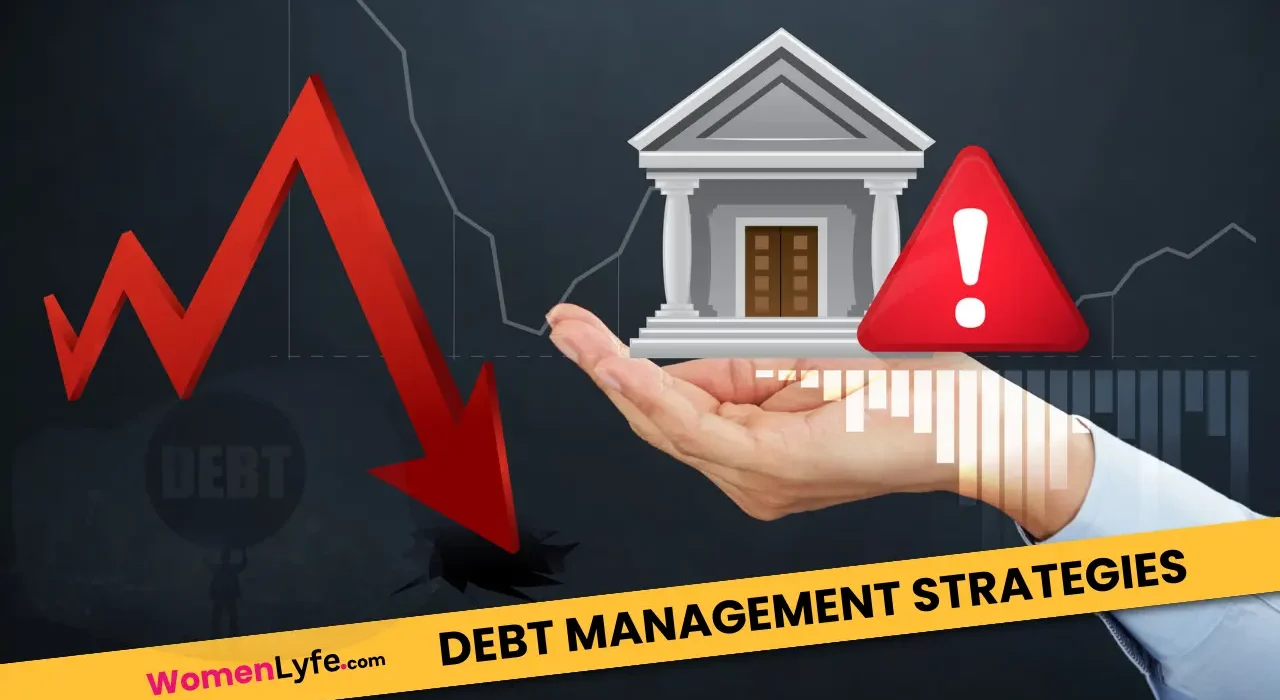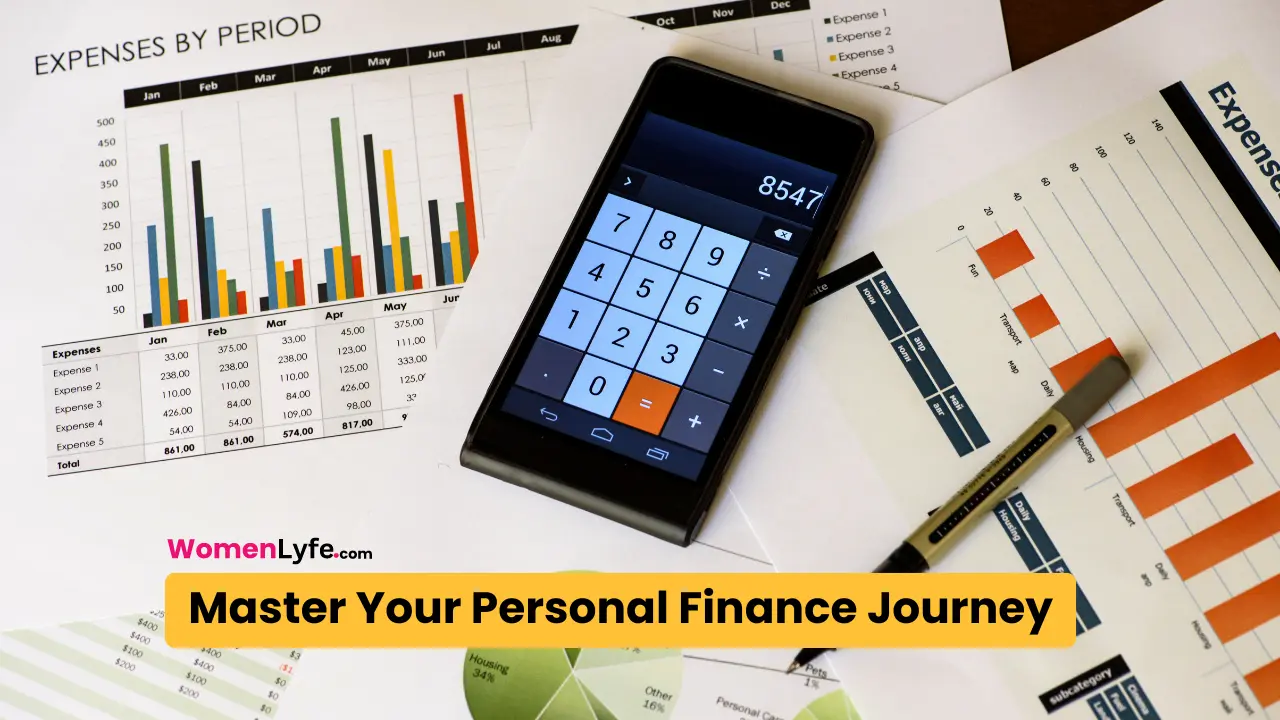Debt Management: Are you feeling weighed down by debt? You’re not alone. Many people find themselves struggling to keep up with payments and feeling overwhelmed by their financial situation. But fear not! With the right strategies, you can take control of your debt and start working towards a brighter financial future. In this guide, we’ll break down some simple yet effective strategies for managing your debt and easing your financial burden.
What is debt?
Debt refers to money that is owed by one party, known as the debtor, to another party, known as the creditor. It typically arises when the debtor borrows funds or receives goods or services on credit and is obligated to repay the amount owed, usually with interest, over a specified period of time. Debt can take various forms, including loans, credit card balances, mortgages, and other financial obligations. It’s essentially a financial obligation that must be repaid according to the terms agreed upon between the debtor and the creditor.
What is Debt Management?
Debt management is a process where individuals or organizations effectively control and organize their debts to ensure timely payments and maintain financial stability. For example, if a person has credit card debt, student loans, and a car loan, they can review their monthly budget to ensure each debt is paid on time. Additionally, they might plan to pay off the high-interest debt first to reduce overall interest expenses. By adopting the right strategies, the person can reduce their financial burden and achieve their financial goals.
Strategies for Debt Management
1. Assess Your Debt
The first step in effective debt management is understanding exactly what you owe. Take some time to gather all your financial statements and make a list of your debts, including outstanding balances, interest rates, and minimum monthly payments. This will give you a clear picture of your financial situation and help you prioritize which debts to tackle first.
2. Create a Budget
Once you know how much you owe, it’s time to create a budget. Budgeting is a crucial tool for managing debt because it helps you track your income and expenses and identify areas where you can cut back. Start by listing all your sources of income, then subtract your fixed expenses such as rent or mortgage, utilities, and groceries. Whatever is left over can go towards paying off your debt.
3. Prioritize High-Interest Debt
Not all debts are created equal. High-interest debts, such as credit cards or payday loans, can quickly spiral out of control if left unchecked. That’s why it’s important to prioritize paying off these debts first. By tackling high-interest debt, you’ll save money in the long run and free up more funds to put towards other debts.
4. Consider Debt Consolidation
If you’re juggling multiple debts with varying interest rates and due dates, debt consolidation could be a viable option. Debt consolidation involves taking out a new loan to pay off your existing debts, consolidating them into one monthly payment with a potentially lower interest rate. This can make managing your debt more streamlined and may save you money on interest over time.
5. Negotiate with Creditors
Don’t be afraid to reach out to your creditors if you’re struggling to make payments. Many creditors are willing to work with you to create a more manageable repayment plan, especially if it means they’ll eventually get their money back. Negotiating with creditors can result in lower interest rates, reduced monthly payments, or even debt forgiveness in some cases.
6. Avoid Taking on New Debt
While it may be tempting to use credit cards or loans to cover expenses, taking on new debt will only exacerbate your financial situation. Avoid accumulating new debt whenever possible and focus on paying off your existing debts instead. If you must use credit, do so sparingly and make sure you can afford to pay off the balance in full each month.
7. Build an Emergency Fund
One of the best ways to avoid falling back into debt is to build an emergency fund. Set aside a portion of your income each month to cover unexpected expenses such as car repairs or medical bills. Having an emergency fund can provide a financial safety net and prevent you from relying on credit in times of need.
8. Explore Debt Relief Options
If you’re drowning in debt and can’t see a way out, it may be time to explore debt relief options such as debt settlement or bankruptcy. While these options should be considered as a last resort, they can provide much-needed relief for individuals facing overwhelming debt burdens. Be sure to consult with a financial advisor or credit counselor before making any decisions.
9. Stay Committed to Your Plan
Managing debt takes time and discipline, but it’s worth the effort in the long run. Stay committed to your debt management plan and don’t get discouraged if progress feels slow. Celebrate small victories along the way and keep your eyes on the ultimate goal of financial freedom.
10. Seek Support
Finally, don’t be afraid to seek support from friends, family, or professional advisors. Managing debt can be a stressful and overwhelming process, but you don’t have to go it alone. Reach out to trusted individuals for guidance, encouragement, and accountability as you work towards becoming debt-free.
Also Read
Why debt management is important?
Debt management is important for several reasons:
- Financial Stability: Effective debt management helps individuals and organizations maintain financial stability by ensuring that debts are paid on time, preventing default, and avoiding late fees.
- Interest Savings: Proper debt management can reduce the total interest paid over time. Prioritizing high-interest debts can save significant amounts of money in the long run.
- Credit Score Improvement: Timely payments and reduced debt levels can improve credit scores, making it easier to obtain loans, mortgages, and favorable interest rates in the future.
- Stress Reduction: Managing debt effectively can reduce financial stress and anxiety. Knowing that debts are under control allows for better focus on personal and professional life.
- Financial Planning: Good debt management allows for better financial planning and budgeting, helping individuals and organizations allocate funds toward savings, investments, and other financial goals.
- Avoiding Bankruptcy: By managing debts effectively, individuals and organizations can avoid extreme measures like bankruptcy, which can have long-term negative impacts on creditworthiness and financial health.
Debt management is crucial for maintaining financial health, achieving financial goals, and ensuring long-term economic stability.
Conclusion
In conclusion, while managing debt can be challenging, it’s not impossible. By following these strategies and staying disciplined, you can take control of your finances and pave the way for a brighter financial future. Remember, it’s never too late to start taking steps towards a debt-free life.












